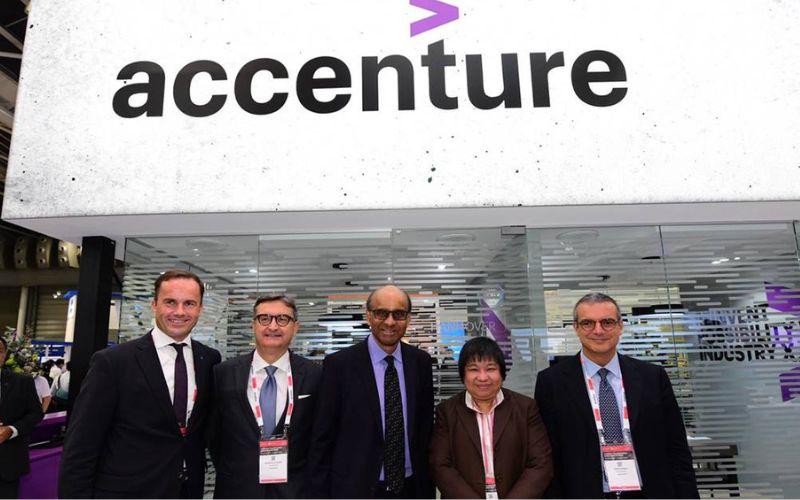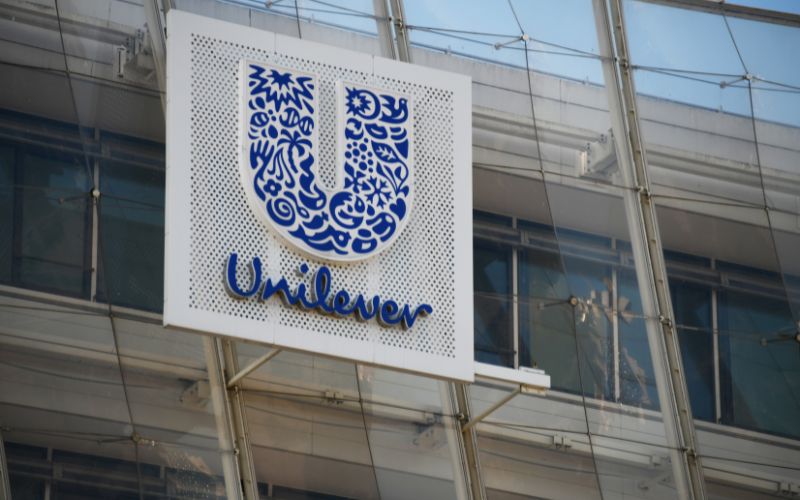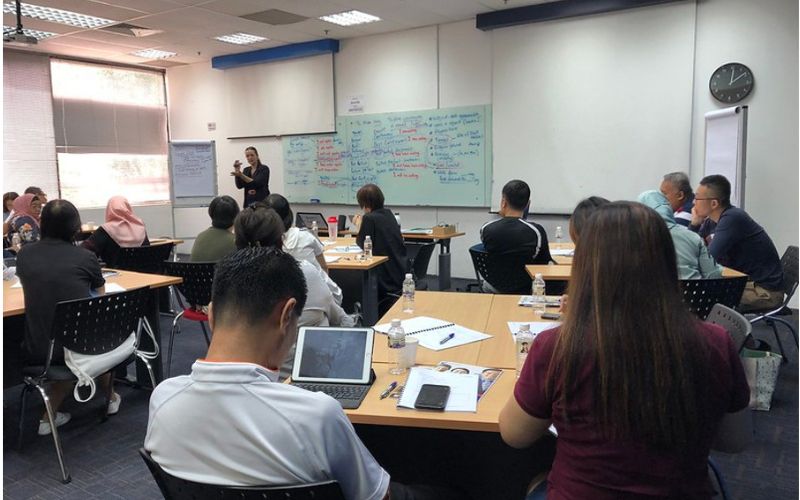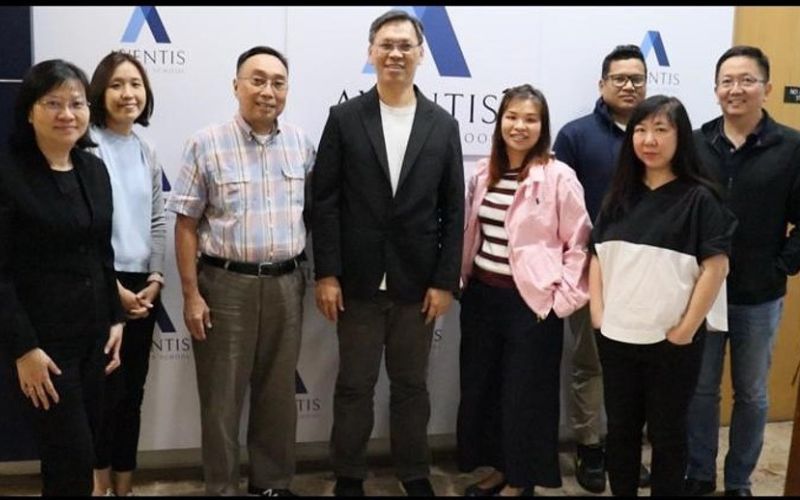With rapidly changing in-demand job skills, companies adopt corporate career development programs to upskill their employees to stay ahead of the curve. By investing in the professional growth of their workforce, organisations can cultivate a highly skilled and capable team that seeks self-improvement.
Employees who are eager to improve themselves and climb the career ladder seek opportunities for personal and professional growth within the organisation. By providing these opportunities, companies can retain top talent and create a more engaged and committed workforce.
What are Career Development Programs?

Career Development Programs are designed to help employees grow professionally and advance their careers. These programs align employees' skills, needs, and career goals with the company's current and future opportunities.
Typically, career development programs consist of training workshops, mentoring, and opportunities for job rotation or promotion. Some of the best training programs cover topics such as leadership development, communication skills, and digital literacy.
What are the 4 Types of Career Development?

There are four commonly recognised types of career development, which suit different personality types and career goals:
Why Does Your Company Need A Career Development Program?

Firstly, a career development program boosts employee engagement and commitment to the organisation. When employees receive guidance and direction in their career progression, they are more likely to become invested in the company's success. This increases overall productivity and contributes positively to the workplace environment.
Secondly, it aids in talent retention, as employees who feel valued and see opportunities for growth within the organisation are less likely to seek alternative employment. 94% of employees surveyed by a LinkedIn Workplace Report stated that they'd stay in their jobs longer if given opportunities for career development. This is particularly important in competitive job markets, as attracting and retaining skilled employees becomes vital for a company's success.
Lastly, career development programs help employees to develop new skills that can fill gaps within the organisation. This lets individuals bring fresh ideas and approaches from their training, and increase the overall skill level of the team. Such programs not only keep employees up-to-date with current industry trends but also ensure that companies maintain a competitive edge in their market.
If you're looking for a corporate training solutions provider, why not check out our corporate training packages for affordable training options today!
7 Examples of Successful Career Development Programs
Learn how to establish and upgrade your organisation’s employee career development programs from these great case studies:
1. Jollibee

Jollibee Foods Corporation (JFC) implemented a major career development program to establish a coaching culture that would empower their team. They used a top-down approach—they trained their managers first so that they could pass their improved skills to employees under them.
Involving their leaders was what led to the success of their initiative, and it gave managers the ability to provide feedback, communicate more effectively, and support their colleagues further. Satisfaction with the career development program was high, and ground-level employees reported that their managers were able to support them more effectively after the program.
2. Shopee

Shopee, the popular e-commerce platform, offered a comprehensive career development program for its employees. They have a specialised team that takes charge of hosting learning initiatives. They categorised their initiatives into General, Functional, and Leadership paths. These paths gave employees a myriad of opportunities to develop in different specialisations. This high level of adaptability helped employees grow their professional skills, and helped Shopee maintain its image as an employee-centric organisation with plenty of career development opportunities.
3. IBM

IBM is a well-known multinational technology company that offers diverse career development programs catering to the various needs of its employees. In 2020, their learning style developed into a skill-focused system that promoted engagement through a digital platform. This online platform enabled content tagging, personalised recommendations, and user feedback analysis.
On average, each technical seller spent around 100 hours annually on learning, surpassing the company-wide target of 40 hours. Using a 'badge' system, employees were able to pursue their learning goals and go through career development programs, which made them more likely to be promoted. Those who met the 40-hour learning target had 1.62 times higher odds of promotion in the next year, compared to those who didn't meet the target. Through this style of career development program, IBM managed to hit their goals and develop a better working culture.
4. Accenture

Accenture, a professional services company, invested US$841 million in employee learning and training programs. This initiative, also known as "Accenture Connected Learning," was a mixture of classroom and digital learning, along with access to both internal and external experts.
Their career development program has helped employees learn specialised skills and let the company adapt to a rapidly shifting business environment. The program delivered 15 million hours of training, averaging over 40 hours per employee. The initiative has allowed employees from various professions within the company to enhance their professional capabilities, develop critical market-relevant skills, and broaden their career paths.
5. Manulife

Manulife, a leading insurance and financial services provider, launched an IBF-certified training programme for its financial representatives. Their program had 3 different levels, which aimed to enhance the skills of financial representatives, allowing them to offer improved and comprehensive advice to clients. The program consists of an onboarding segment for front-facing employees, a course on financial planning for high-net-worth individuals, and a leadership cause for Manulife leaders.
Manulife uses a comprehensive, multi-level training program, which can fit its employees needs regardless of their career development goals. They prioritised the personal and professional development goals of their employees, leading to better retention and commitment.
6. P&G

Procter & Gamble (P&G), a multinational consumer goods corporation, avoids gradual onboarding or rotational programs. Instead, employees are given leadership training and development from the beginning of their employment. The company adopts a 70/20/10 approach to development: 70% experience-based learning, 20% learning from colleagues, mentors, and peers, and 10% from structured courses and materials.
An impressive 99% of P&G's senior leaders have been produced internally, showing the company's commitment to nurturing and promoting talent from within. New hires are given an average of 5 different roles within their first 10 years, and they have a record of generating more senior corporate leaders than any other business. This form of built-in career development allows employees to receive the guidance that they need. P&G boasts impressive statistics, with their managers being promotion-ready in an average of 2.5 years, and 11,400 global C-suite executives having begun their careers there.
7. Unilever

Unilever emphasises the importance of ongoing learning, recognising the rapid changes in the job market due to automation and technological advancements. They believe in equipping their employees with the skills needed for the future of work.
This commitment is part of their Unilever Compass, which aims to upskill employees with future-fit skills by 2025. This future-fit initiative is the focal point of the professional development opportunities they provide. Research performed by them found that participants in their workshops had a 49% jump in intrinsic motivation, and 25% became more inspired to go the extra mile for their jobs.
From the results of these 7 well-known companies, it's clear that a strong professional development program can have a real impact on your business. To kickstart your own, why not partner with a trusted corporate training solutions provider? At Aventis Learning, we offer cost-effective packages for your career development program, suitable for organisations of any size.
What Sets Your Employee Development Apart? 3 Best Practices

A successful professional development program goes beyond basic training, focusing on the long-term goals of both the employees and the organisation. To set your program apart, focus on these three key best practices:
Organise Your Company's Career Development Programs with Aventis Learning

Implementing effective corporate career development programs is crucial for organisations seeking long-term success. These programs not only contribute to employee growth and satisfaction but also aid organisations in retaining top talent and maintaining a competitive edge.
At Aventis Learning, we offer customised training solutions with a wide range of options to suit diverse employee needs. We offer both in-person and virtual formats and can accommodate various workplace preferences.
Optimise your training budget and maximise savings with our special corporate training packages today!

